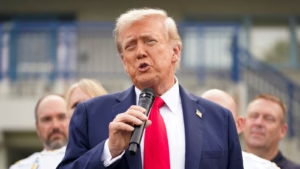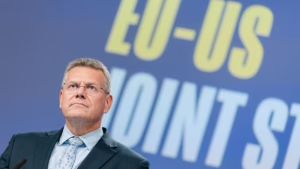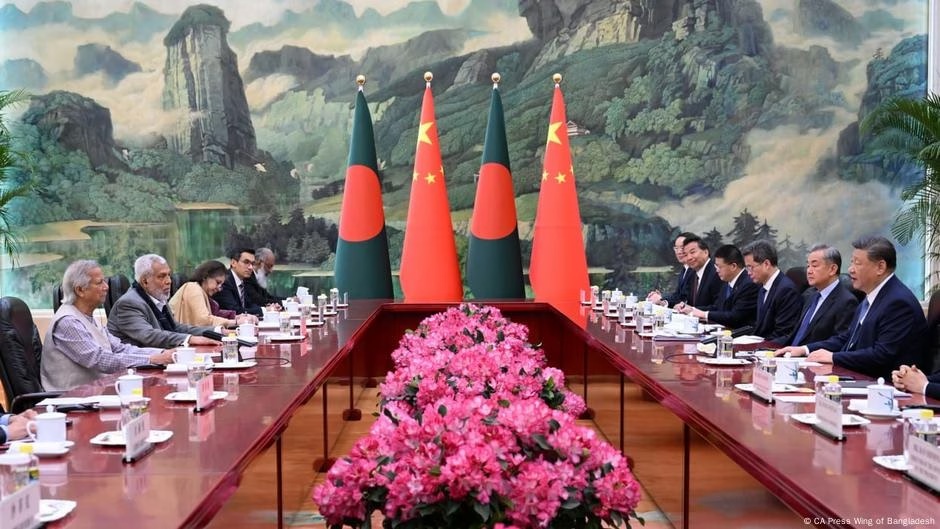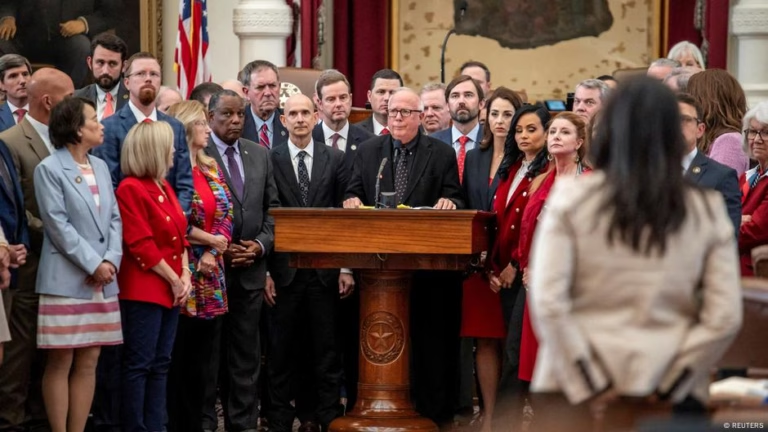Yunus’s press official, Shafiqul Alam, hailed the chief advisor’s initial international trip as a “great success.”
Yunus returned from China having secured $2.1 billion in Chinese investments, loans, and grants, as reported by his office.
A significant portion of this agreement includes the establishment of a Chinese Industrial Economic Zone (CIEZ) in Bangladesh, with nearly 30 Chinese companies pledging $1 billion for the project, following Yunus’s call for increased private Chinese investments in Bangladesh’s manufacturing sector.
Furthermore, China plans to provide a $400 million loan to modernize the Mongla Port, the country’s second-largest port, and is considering improving cooperation in water resource management. China has also restated its commitment to support Bangladesh in its efforts to repatriate over one million Rohingya refugees currently residing in overcrowded camps after fleeing persecution in neighboring Myanmar.
Former diplomat Munshi Faiz Ahmad commented that Yunus’s meeting with President Xi was a positive sign for the transitional government.
“Some countries are hesitant to engage in extensive cooperation with an interim government. However, China has not hesitated to work with Muhammad Yunus. It has reinvigorated the ties that had become dormant following the previous government’s downfall,” Ahmed, the former Bangladesh ambassador to China, told DW.
Opportunities and Challenges for Bangladesh
Jasmin Lorch, a senior researcher at the German Institute for Development and Sustainability (IDOS), stated to DW that the visit holds both opportunities and risks for Bangladesh from a geostrategic perspective.
“On one side, it facilitates further diversification of Bangladesh’s international alliances, thereby reducing its dependency on India, with which relations have started to deteriorate, as well as its dependency on the USA., whose foreign policy has become more unpredictable under President Donald Trump,” she said.
However, the expert added that an increased relationship with China is “likely to annoy India,” as it brings Beijing’s influence closer to its borders.
“Strategic cooperation with China, such as the modernization of the Mongla port, or potentially the Teesta River project, will strengthen Bangladesh’s integration into the Belt and Road Initiative, a strategy India opposes,” she added.
Trade deficiencies are another concern raised; Bangladesh’s exports to China, primarily textiles, are a small fraction of the over $23 billion in bilateral trade. China has offered a tariff-free market, which could open doors for more Bangladeshi products.
“China can be a significant market for our leather products. Mangos and jackfruits will soon be exported to the country. We can also attempt to export other agricultural products, as it is the largest market for them,” Al Mamun Mirdha, Secretary General of the Bangladesh-China Chamber of Commerce and Industry (BCCCI), told DW.
However, Lorch pointed out that enhancing ties with China is “a double-edged sword” from an economic and development perspective.
“Chinese investment and economic engagement often come without strict social and environmental standards. It remains unclear to what extent Bangladeshi workers and the broader Bangladeshi population will benefit,” she said.
Additionally, she mentioned that related infrastructure projects may entail serious environmental risks.
Bangladesh-India Relations Deteriorate Post-Hasina’s Ouster
Yunus took charge of Bangladesh after Hasina fled to India following her ouster.
“Yunus took charge of Bangladesh after Hasina fled to India following her ouster and sought refuge,” while also noting that India had been main beneficiary of Hasina’s government and her departure significantly strained cross-border relations.
Yunus reportedly planned to visit India prior to traveling to China, but India did not respond positively to Dhaka’s proposal.
“India is still hesitant to normalize relations with the interim head, Yunus, against the backdrop of holding and the lack of clarity about a planned election date.”
“Although India wants to maintain an exclusive relationship with Bangladesh as experienced during Hasina’s era, Bangladesh has chosen an independent foreign policy under Yunus, a stance the Modi government does not favour,” Rahman said.
Yunus has once again sought a meeting with Modi aiming to restore relations; both leaders are expected to attend an Asian economic summit in Bangkok later in the week.However, despite interest, Dhaka has yet to receive a positive response, with the Indian foreign minister stating the request is “under review.”
In his independence Day letter to Yunus, India’s prime minister lauded bilateral ties but refused to extradite Hasina, who is living in India, for trial, thus fueling anti-india sentiment in Bangladesh.
“Any easing of diplomatic ties is essential and Modi’s letter to Yunus may be an encouraging step in that direction,” Lorch added.
Unfortunately, due to disagreements over a return date for elections and Sheik Hasina’s presence in India, the normalization of relations between India and Yunus’ transitional government remains uncertain.
Editing: Wesley Rahn







